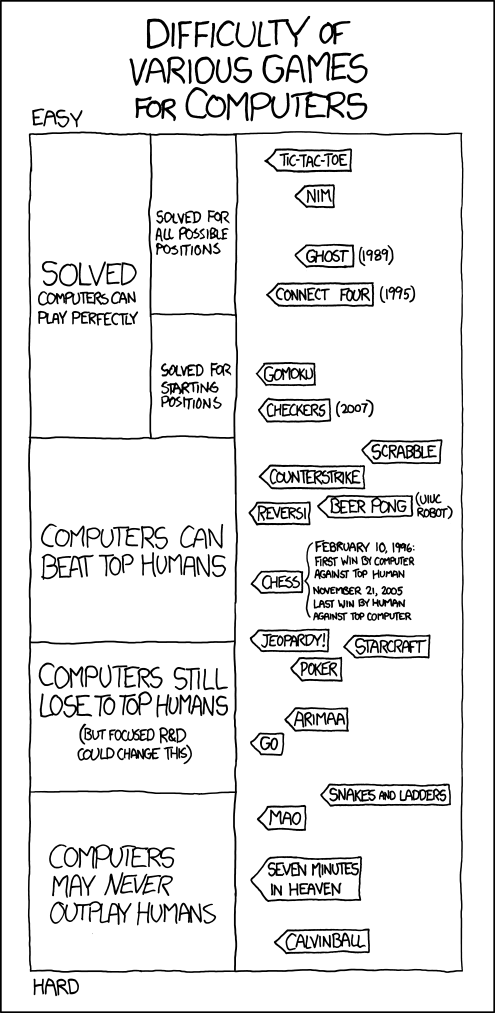In many cases it might even be as simple as that, but not in the case of Dark Souls. The reason for this is that the often notoriously referred difficulty of Dark Souls is the defining aspect of the experience and the primary tool that is used to provide the player with a sense of accomplishment and discovery. These are the two stated goals of Dark Souls (Miyazaki says much). This difficulty and the lack of certainty of success creates tension and enhances the sense of achievement that the game is designed to provide. This is the ideological reason.anthony87 said:Don't like Easy Mode? Don't play Easy Mode.
Why exactly isn't that obvious?
You also have to understand that the difficulty is not only present in the game mechanics but also in the area design, visual style, and even story presentation. Every aspect of the game, the whole experience from the ground up, is purposefully designed to be challenging to the player in order for it to create a sense of accomplishment. The challenge is also a major part of the content in the game. This idea is ingrained in Dark Souls so deeply that altering it without fundamentally reforming the game would be impossible or at least defeat any or most purpose it was designed to have. This is the practical/functional reason.
One of the greatest things about Dark Souls is, however, that it can still remain incredibly flexible when it comes to how you want to play it. As far as gameplay goes you can make Dark Souls however easy or difficult you could ever want it to be, but even then you will still have to work for the knowledge of how to go about doing just that.


